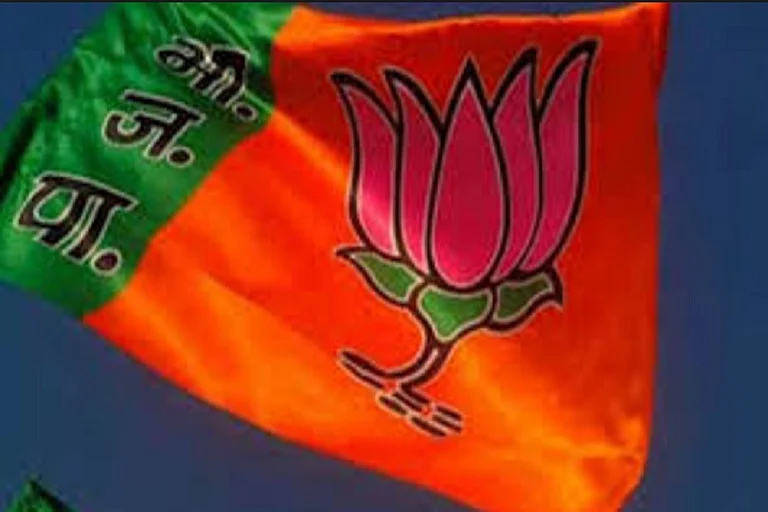There's near-unanimous regret over what's perceived here as Washington's decision to embrace India at Pakistan's expense. There's also an undercurrent of dismay that the US has abandoned Pakistan after using it in Afghanistan and that the military government must now forge new relationships, particularly with Russia.
Says former army chief Gen Mirza Aslam Beg, "During the Cold War, US foreign policy in South Asia was characterised by Nixon's decision that the US tilt toward Pakistan during the 1971 war. But with the pull-out of Russian troops from Afghanistan and the Soviet empire's collapse, both the US and India have decided to repair ties. That's not a good omen for Pakistan."
Some believe it was President Clinton's visit to the subcontinent this March that produced a paradigm shift in US foreign policy. Says political scientist Dr Hassan Askari Rizvi of the Qaid-e-Azam University, Islamabad, "Though urging nuclear restraint and resumption of dialogue on both India and Pakistan, Clinton had laid greater stress on restoration of democracy and resisting terrorism. Since then, India has felt encouraged to behave as the regional hegemon."
But former caretaker prime minister Malik Meraj Khalid says the US has moved away from Pakistan's military government, not Pakistan: "By wooing India, the US is pressurising Gen Pervez Musharraf on the issues of non-proliferation and terrorism."
No, says Imtiaz Alam, current affairs editor, The News, CTBT is the least difficult of the issues. "The big ones are demands for moderating the Taliban's policies, bringing Osama bin Laden to trial and allaying India's concerns on cross-border terrorism."
It's felt that since Pakistan had earlier aligned with the US to counter a stronger India, it's only natural now for Islamabad to look elsewhere to maintain the balance of power. Former foreign minister Sardar Asif Ahmed Ali says Islamabad's already been making frantic efforts to improve relations with Moscow. He points out, "The government recently sent the isi director general to Moscow where he met the chief of the Russian Federal Security Service (successor to the kgb). Then, Musharraf met Vladimir Putin in New York."
But a former isi chief thinks overtures to Moscow is part of a multi-pronged strategy to befriend Moscow and force the US into reviewing its changing policy towards Islamabad. Like making a lover jealous?





















